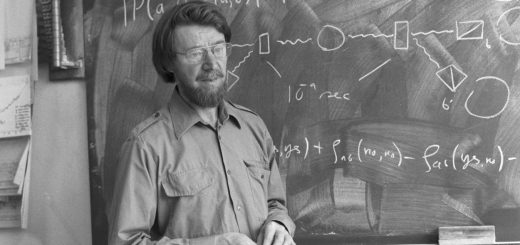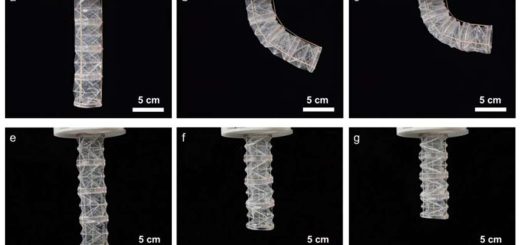Laws of quantum physics may rule out a universe that came before ours
Instead of the big bang, some physicists have suggested that our universe may have come from a big bounce following another universe contracting – but quantum theory could rule this out
By Karmela Padavic-Callaghan
18 July 2025
Did the cosmos arise out of a big bounce from another universe?
Vadim Sadovski/Shutterstock
Could our universe be expanding then shrinking back into a tiny point, reliving a kind of big bang over and over again? Probably not, according to a mathematical analysis that argues that the laws of physics forbid such a cyclic universe.
Read more
A new kind of hidden black hole may explain the mystery of dark energy
A key moment in the life of a cyclic universe is the big bounce, an alternative to the big bang as the beginning of the known universe. The big bang starts with a singularity – matter and energy packed into a point so dense that gravity becomes strong enough to elude the laws of physics as we understand them – followed by an endless outwards expansion. But if the universe began with a big bounce, we could look beyond what we think of as the beginning and see another universe contracting to form an incredibly dense point, but not necessarily a singularity, before bouncing back out into the expanding universe we live in today.
The question of whether time must start with a singularity is therefore central to determining the history and fate of our cosmos. If the big bounce was our universe’s beginning, it could also be part of our future. The first hint at whether that is possible dates to 1965, when Roger Penrose at the University of Oxford proved that general relativity – our best theory of gravity – always breaks down. He was studying black holes, another place where gravity is strong enough to break the fabric of space-time. Penrose showed that this is unavoidable: when gravity becomes excessively strong, singularities cannot be avoided.
Now, Raphael Bousso at the University of California, Berkeley, has added a key ingredient to strengthen this finding. His analysis accounts for the quantumness of the universe.
Penrose’s work didn’t include quantum theory, and Bousso says the past calculations that have, pioneered by Aron Wall at the University of Cambridge, only considered very weak gravity. Bousso’s analysis doesn’t constrain the strength of gravity, and he says it “categorically rules out” cyclic universes. In his view, his work proves that the singularity at the big bang is unavoidable.


